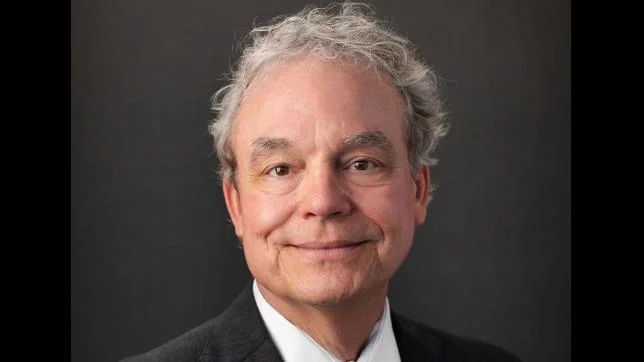Since the announcement of a tentative Paraquat settlement agreement on April 8, 2025, negotiations between plaintiffs and defendants, including Syngenta and Chevron, have continued as both sides work to finalize a Master Settlement Agreement. The court extended the stay on case-specific discovery for a third time on July 31, moving the deadline to September 26, 2025. If an agreement is not reached by that date, discovery will resume with trials set for October 26, 2025, and April 6, 2026.
Legal experts note that this pace is common in multidistrict litigation involving thousands of claims. They say the complexity of these cases requires careful negotiation to create a fair settlement for all parties involved.
In addition to federal lawsuits, state-level litigation related to Paraquat is growing. In Pennsylvania, more than 1,100 cases have been filed after a court decision allowed people from other states to file claims in Philadelphia even if their exposure occurred elsewhere. This court has become known for handling mass torts and is increasingly seen as a venue for those seeking legal remedies.
The ongoing Paraquat lawsuits are also prompting broader discussions about chemical safety and corporate responsibility. Historically, pesticide manufacturers have had legal protections that made it difficult to hold them accountable for damages. This situation may be changing as public scrutiny increases.
Senator Cory Booker has introduced the Pesticide Injury Accountability Act in response to concerns raised by these lawsuits. The proposed legislation would give individuals harmed by toxic pesticide exposure—particularly farm workers and rural communities—greater access to justice. It would require companies to face liability based on scientific evidence linking pesticides with serious health issues such as Parkinson’s disease, cancer, birth defects, and infertility.
Although passing new laws can be challenging, attention surrounding Paraquat reflects rising public awareness about chemical risks. Courts, lawmakers, and consumers are calling for greater transparency and accountability from companies producing potentially hazardous substances.
Beasley Allen continues its efforts representing victims affected by Paraquat exposure and advocates for safer industry practices.

